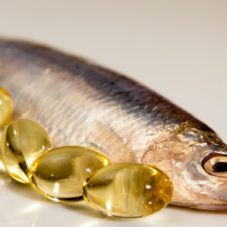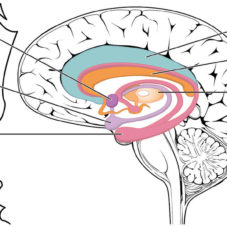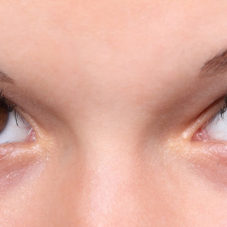We don’t recommend a specific time of day, but we do recommend that you take your omega-3 with a meal rather than on an empty stomach.
Don’t Take Omega-3 on an Empty Stomach
There are two reasons for this.
- The first is that omega-3 supplements are more easily tolerated with food than on an empty stomach.
- The second is that when taken with a meal, omega-3 fatty acids are better absorbed. This is because the fat in a meal stimulates the pancreatic lipase enzymes. The more enzyme activity, the more completely the omega-3 triglycerides are broken down and then absorbed in the small intestine (1).
That’s why there’s no best time to take an omega-3 supplement. Though, you should take fish oil with a meal for maximal absorption.
Take Omega-3 with a Meal That Contains Fat
The key point for full absorption of fish oil is that it is the fat consumed in a meal that stimulates the release of these digestive enzymes. Any meal that you take your omega 3 with needs to contain some fat to maximize absorption.
For example, one study tested absorption rates of omega-3 (DHA and EPA) with either a high-fat meal (44g of fat), or a low-fat meal (8g of fat). The results showed that the high-fat meal caused 300% more omega-3 absorption (2). Another study found an even greater effect and recorded a 400% increase in the absorption rates of omega-3 fatty acids when taken with a high-fat meal (3).
Fat and Cholesterol Are Necessary for Optimum Health
If you already enjoy fat as a regular part of your diet — great. However, if adding fat to your meals make you feel uncomfortable, I can understand why. Unfortunately, saturated fat and cholesterol have been largely demonized in the current medical guidelines, and many doctors recommend eating as little fat as possible.
This is actually grossly unfair and has never actually been based on any reliable scientific evidence, and has arguably significantly contributed to the obesity, heart disease and diabetes epidemic. Fat and cholesterol are necessary for optimum health and performance and should form part of everyone’s diet. If you’d like to do some further reading on the role of fat and cholesterol on our health please read this article. Also, check out Gary Taubes excellent book “Why We Get Fat”.

References
(1) Schuchardt, J., & Hahn, A. (2013). Bioavailability of long-chain omega-3 fatty acids. Prostaglandins, Leukotrienes and Essential Fatty Acids (PLEFA), 89(1), 1-8.
(2) Lawson LD1, Hughes BG. Absorption of eicosapentaenoic acid and docosahexaenoic acid from fish oil triacylglycerols or fish oil ethyl esters co-ingested with a high-fat meal. Biochem Biophys Res Commun. 1988 Oct 31;156(2):960-3.
(3) Douglas F. Kling, BS, MBA, Judith Johnson, MT, Michael Rooney, PhD, MS, Michael Davidson, MD. Omega-3 Free Fatty Acids Demonstrate More Than 4-Fold Greater Bioavailability for EPA and DHA Compared with Omega-3-acid Ethyl Esters in Conjunction with a Low-Fat Diet: The ECLIPSE Study. Journal of Clinical Lipidology, May–June, 2011Volume 5, Issue 3, Page 231.





